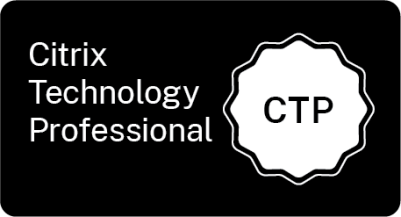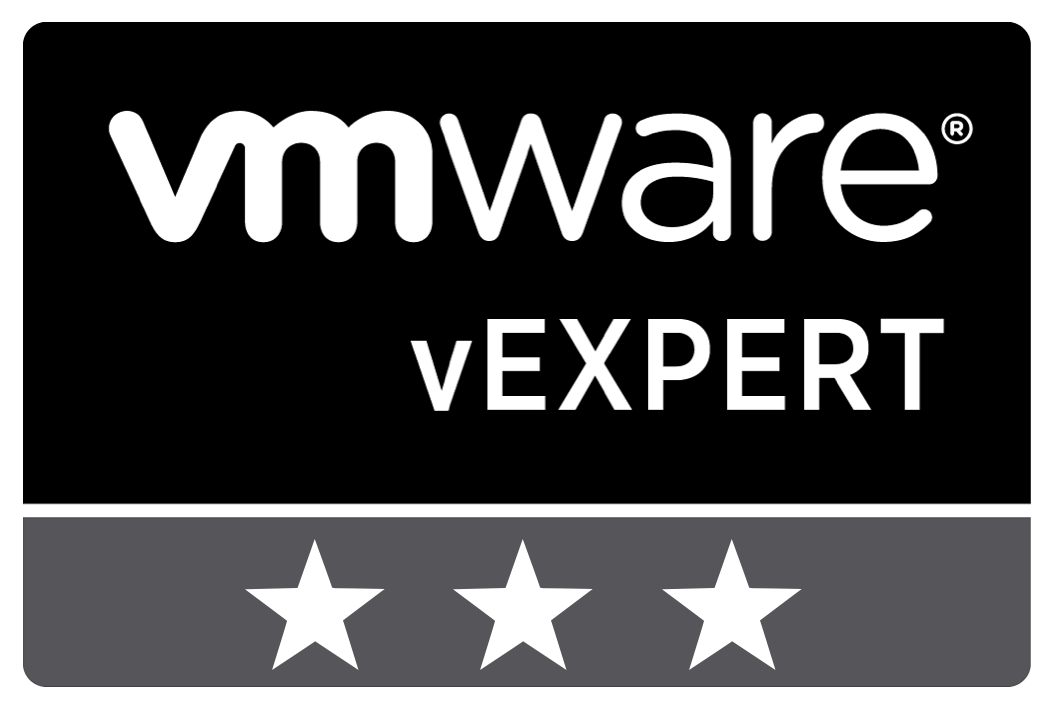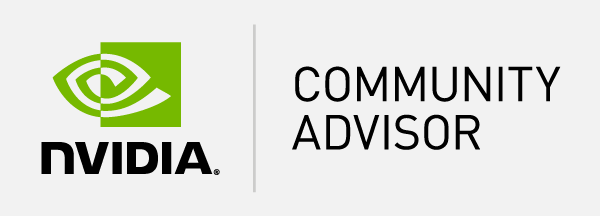Table of Content
- What is GO-EUC?
- Moore’s law of Windows 10 1903
- Browser Performance Impact
- Should you use an ad blocker in a VDI context?
- There is way more at GO-EUC
Over the last couple of months, the GO-EUC research platform published a lot of great content. These researches are very valuable for every virtual desktop deployment as all researches provide great insights. In this blog post, I will highlight a couple of my personal recommended researches that you should read.
What is GO-EUC?
For those who don’t know, GO-EUC is an independent community initiative, focused on research areas in the End-User Computing (EUC) space. These researches vary from hands-on experiences, implementation best practices to performance impacts and so on.
All those insights are published on the GO-EUC platform, with and for the community. Knowledge is power, and by sharing all our insights GO-EUC will share this knowledge. The goal of GO-EUC is to be the platform where people in the IT industry can gain their “Powers”.
As the GO-EUC platform contains serious hardware, this cannot be done without our main facilitator, ICT-Partners. ICT-Partners provides the capabilities to host this platform.
For more information please visit GO-EUC.
Moore’s law of Windows 10 1903
This research shows the impact of the latest Windows 10 1903 compared to 1709, 1803 and 1809. Recommended reading as this show a trend of what to expect even for the upcoming Windows 10 releases.
https://www.go-euc.com/moores-law-of-windows-10-1903/
The Impact of Spectre, Meltdown and L1TF in a virtualized RDSH environment January 2018 the first report of the spectre and meltdown flaws become public and now a day it is still following us. In the meantime, multiple variances on the CPU flaw has been published but also multiple mitigations to prevent the vulnerability. As this impact almost every virtual desktop environment it is recommended to read this research as it shows the impact of the mitigations with shocking results.
https://www.go-euc.com/the-impact-of-spectre-meltdown-and-l1tf-in-a-virtualized-rdsh-environment/
Browser Performance Impact
Every desktop contains a browser and by default Windows 10 even has two out of the box. This research shows the impact of using a different browser in a virtual desktop context. Google Chrome, Mozilla Firefox, Microsoft Edge and Internet Explorer are covert. Nowadays the internet access is almost mandatory for every environment which requires a browser to access. So, therefore, a recommended read as it may help to decide to select the default browser from a performance perspective.
https://www.go-euc.com/browser-performance-impact/
Should you use an ad blocker in a VDI context?
Internet advertisements are often experienced as annoying but also a potential thread as it may contain malware. Next to that, some also contain animation which requires resources to display. Within a virtual desktop, these resources are valuable and therefore optimizations are one of the best practices. Personally, I don’t see ad blocker used within enterprise organizations but as this research shows it should be a best practices.
https://www.go-euc.com/should-you-use-an-ad-blocker-in-a-vdi-context/
There is way more at GO-EUC
There are just a couple of researches but there is way more at the GO-EUC website. It is important to understand the change in your environment and these researches can provide valuable insights. But most important is to ensure to properly validate the changes in your own environment as some changes may have a big negative impact which can result in a negative experience or even worse, downtime.
What are you recommended researches from GO-EUC? Please share them in the comments below
Photo by Louis Reed on Unsplash










